This is a wonderful blog from Elizabeth Palmer, writer for Sojourners, that we had to share with you. The moral and spiritual implications of the proposed budget cuts from Republicans would be far-reaching and unacceptable in America. Jesus took this kind of thing seriously, and we as his followers should also.
Proverbs 17:“He who mocks the poor shows contempt for their maker; whoever gloats over disaster will not go unpunished.”


From Sojourners.com:
In the past two years, the social safety net has helped more Americans than any time in a generation. So why are so many people trying to tear it to shreds?
The recession brought on by has pounded Main Street hard; unemployment has hovered near double digits for two years. Ordinary people are searching for jobs day after day, week after week. At a national hiring day in April, McDonald’s got more than a million job applicants, and rejected more than nine-tenths of them.
The House of Representatives’ budget, which would cut Medicare, Medicaid, food stamps, foreign food aid, health-care reform, and unemployment benefits — while sparing military spending and giving tax breaks to wealthy corporations and individuals — would be a moral disaster for every American. It’s clear (even to rampaging liberals such as the economists at Goldman Sachs) that the proposed federal budget cuts would be a drag on the economy as it digs out of the hole caused by the recession.
During the Bush years, Congress handed out big tax breaks to the rich — cuts that originally had an expiration date so legislators could avoid talking about their long-range budget folly. Congress and the Bush administration also green-lighted a $1.2 trillion bender of unneeded wars, a splurge that will keep on spending, due to our responsibilities to veterans.
Now Congress is shocked — shocked! — to discover that deficit spending has been going on, and is pointing fingers at the scapegoats that seem least likely to fight back. Introducing his slash-and-burn budget, Rep. Paul Ryan predicted that without such gutting, America’s safety net was in danger of becoming “a hammock.” A hammock? News flash: This is mass unemployment, not a siesta. Food stamps, for example, are a safety net that people use for a limited period — nine months, on average — to feed their families while they get through what is often the worst economic time of their lives.
It’s worth mentioning that, when the U.S. is not in a recession, the Federal Reserve intentionally aims to keep unemployment above a certain level, in order to fend off excessive inflation. You read that right: The government makes sure that at least 3 to 5 percent of Americans seeking work at any given time are unemployed. It’s not necessarily crazy for it to do this, but it iscrazy to scapegoat the poor afterward.
This is particularly true because, for three decades in the U.S., the rich have been getting richer and the poor poorer. This is no accident; it’s from years of trade agreements that ship working-class jobs overseas, government policies that let union-busting employers break the law with only a slap on the wrist, and tax and contracting giveaways to big business. Redistribution? You’re soaking in it — the kind of redistribution that shifts still more wealth to the wealthiest. The House’s proposed budget is just the latest and most shameless installment.
Last year, Manhattan hedge fund manager John Paulson took home $4.9 billion in pay. Before the crash, Paulson helped inflate the housing bubble by designing junk mortgage-backed securities for Goldman Sachs — and then profited from the pop by betting that those very securities would fail. Yet instead of being run out of business, last year he made about a billion and a half more than the federal food stamp program spent in all of New York City.
The economic evidence is clear: Inequality this stark kills jobs. When people in the middle and working class make a decent income, their purchases fuel the real economy. When all the wealth is pumped to the top few percent, they pour money into dangerously volatile speculation.
The moral evidence is clear: It’s wrong to make false implications that people are poor and unemployed because they are shiftless, and that the level of national shiftlessness inexplicably doubled about the time the housing bubble popped. And it’s wrong to intentionally target the most vulnerable in society. None of us knows when we might need that social safety net — and all of us are lessened when we yank it out from beneath our fellow human beings.
 Elizabeth Palmberg is an associate editor at Sojourners.
Elizabeth Palmberg is an associate editor at Sojourners.



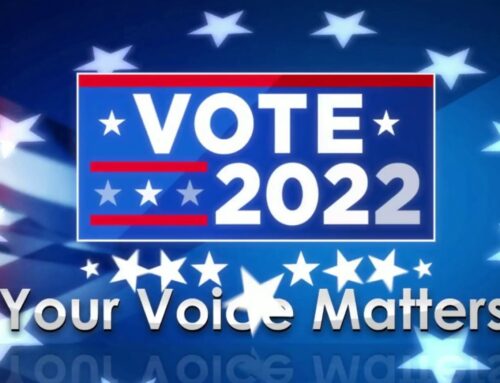

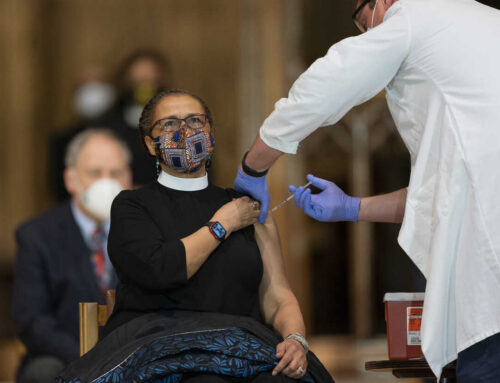










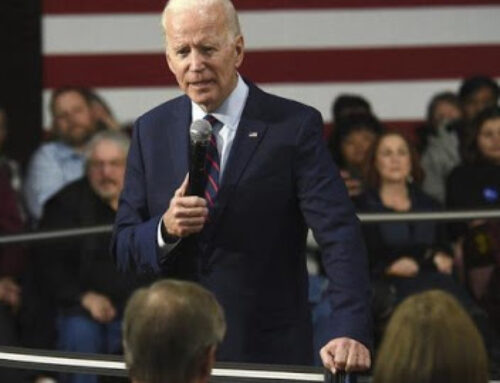










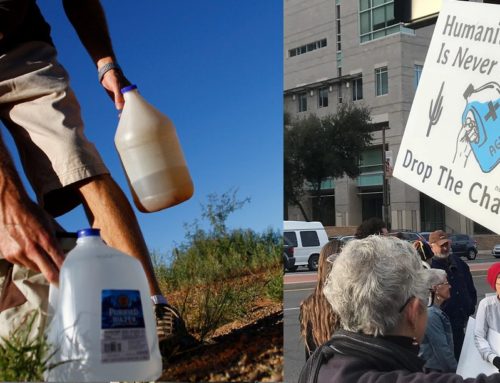


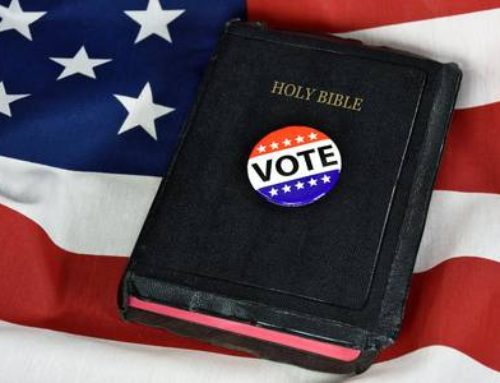

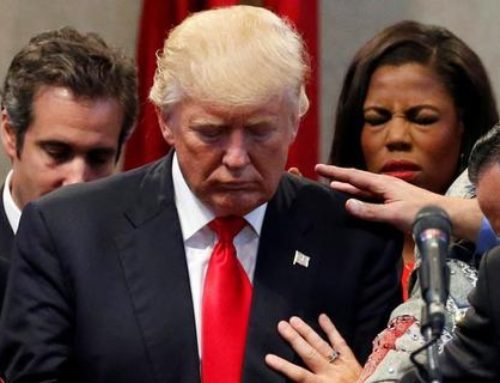
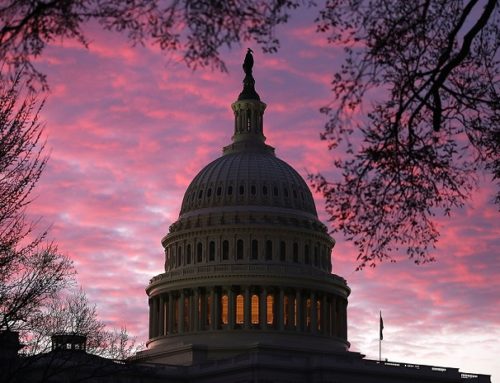


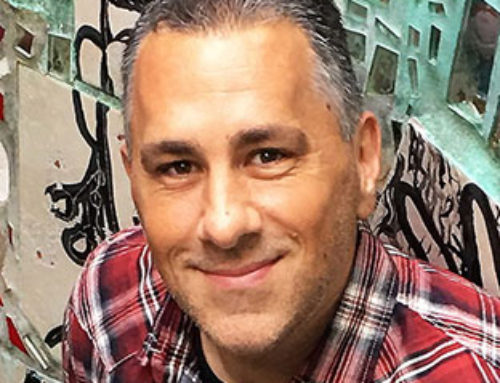











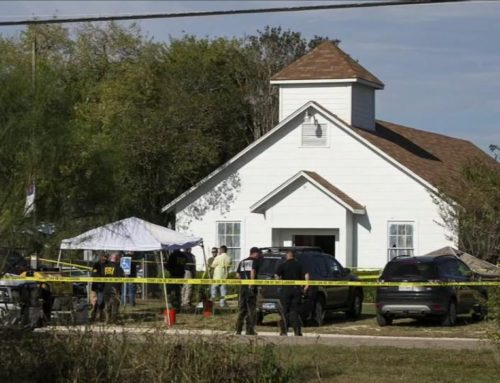

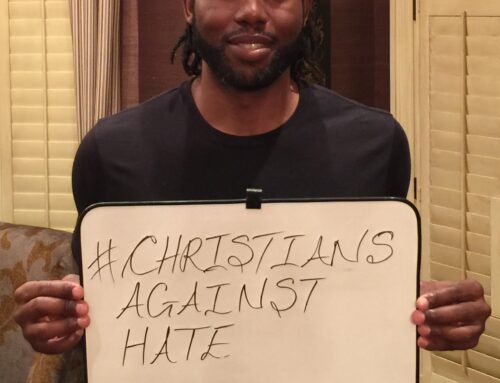



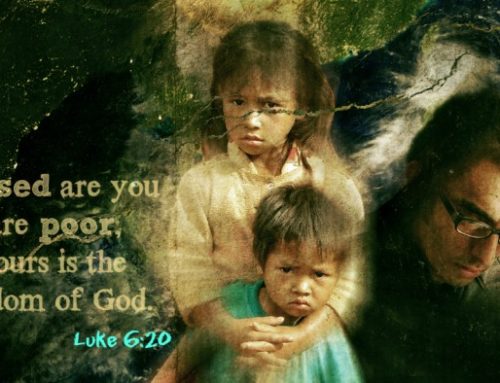
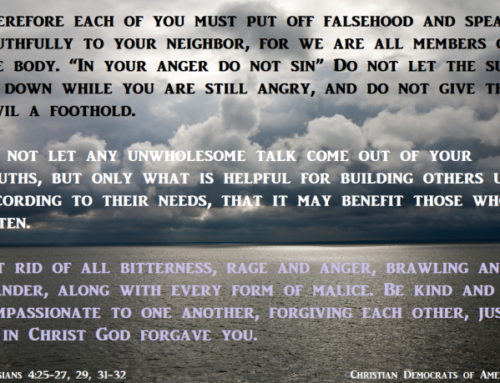
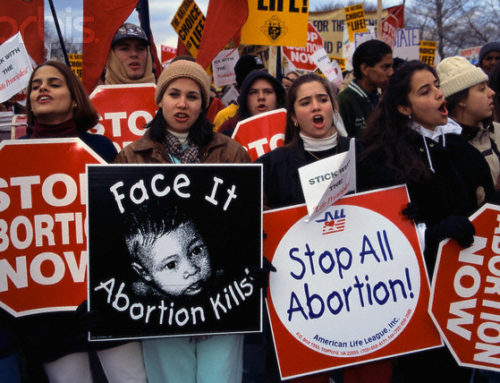







Great blog! How true and relevant. It is very sad what is going on, the utter contempt shown toward the poor and even the middle class. Thanks for posting this!
God bless you and keep up the good work!
Dave
I must express my thanks to you for rescuing me from this particular issue. As a result of looking out throughout the the web and seeing concepts which are not helpful, I believed my life was well over. Existing without the presence of strategies to the issues you’ve sorted out by way of your good blog post is a crucial case, as well as the kind that would have negatively affected my entire career if I hadn’t noticed your web blog. Your own personal talents and kindness in touching all things was very helpful. I am not sure what I would have done if I hadn’t discovered such a point like this. I’m able to at this point relish my future. Thanks a lot very much for this skilled and amazing help. I won’t think twice to endorse the website to any individual who should get support about this subject.
Generally I do not learn article on blogs, but I would like to say that this write-up very compelled me to take a look at and do so! Your writing style has been surprised me. Thank you, quite great post.
I have study a few of the articles on your website now, and I truly like your style of blogging. I tag it to my bookmark website list and will be checking back soon. Please visit my website too and let me know your opinion.
Some truly nice and useful info on this web site, likewise I think the design holds fantastic features.
I went over this internet site and I conceive you have a lot of wonderful info, saved to favorites (:.
Regards for this fantastic post, I am glad I found this website on yahoo.
you are in reality a just right webmaster. The website loading speed is amazing. It sort of feels that you’re doing any distinctive trick. In addition, The contents are masterwork. you’ve done a fantastic process in this matter!
Fantastic website. A lot of useful info here. I’m sending it to a few buddies ans additionally sharing in delicious. And naturally, thank you in your sweat!
I always was interested in this subject and still am, regards for putting up.
Its good as your other posts : D, thanks for posting . “There’s no Walter Cronkite to give you the final word each evening.” by William Weld.
I dugg some of you post as I thought they were handy very beneficial
I consider something truly interesting about your web blog so I saved to bookmarks .
Thanks, I’ve recently been looking for info approximately this subject for a long time and yours is the greatest I have discovered till now. However, what about the bottom line? Are you certain about the supply?
Wohh just what I was looking for, thanks for putting up.
Very interesting details you have remarked, thankyou for putting up. “Without courage, wisdom bears no fruit.” by Baltasar Gracian.
Very interesting information!Perfect just what I was searching for!
I gotta favorite this website it seems very helpful invaluable
I like this post, enjoyed this one thanks for putting up. “To affect the quality of the day that is the art of life.” by Henry David Thoreau.
I believe that is among the such a lot vital information for me. And i’m satisfied reading your article. However wanna observation on few general things, The site style is great, the articles is in point of fact nice :D. Just right task, cheers.
I like this post, enjoyed this one thank you for posting. “We seldom attribute common sense except to those who agree with us.” by La Rochefoucauld.
We are a group of volunteers and opening a brand new scheme in our community. Your website provided us with useful information to work on. You have performed a formidable process and our entire community can be grateful to you.
I like this weblog very much, Its a rattling nice position to read and find info .
I think this web site has got some rattling fantastic information for everyone. “I have learned to use the word ‘impossible’ with the greatest caution.” by Wernher von Braun.
I always was interested in this subject and still am, appreciate it for putting up.
Very interesting information!Perfect just what I was looking for!
I like this web site very much, Its a real nice billet to read and find info . “Young men think old men are fools but old men know young men are fools.” by George Chapman.
I like this weblog very much, Its a very nice berth to read and get info. “I am always afraid of your something shall be done.” by Titus Maccius Plautus.
Keep up the good piece of work, I read few posts on this internet site and I conceive that your web blog is really interesting and holds bands of superb information.
I believe you have created some rather interesting points. Not as well many people would actually think about it the way you just did. I am truly impressed that there is so much about this subject that has been revealed and you did it so nicely, with so considerably class. Excellent one, man! Truly great things right here.
Merely a smiling visitor here to share the love (:, btw great design and style. “Better by far you should forget and smile than that you should remember and be sad.” by Christina Georgina Rossetti.
You have brought up a very excellent details , thankyou for the post. “The great object is, that every man be armed. … Every one who is able may have a gun.” by Patrick Henry.
Thanks for the auspicious writeup. It in truth was a leisure account it. Glance complex to more introduced agreeable from you! However, how could we be in contact?
I really enjoy studying on this site, it holds fantastic articles . “Sometime they’ll give a war and nobody will come.” by Carl Sandburg.
Hey! It is like you read my mind! You seem to know so much about this, like you wrote the book in it or something. I think that you could do with some images to drive the message home a bit, but other than that, this is helpful blog post. A wonderful read. I will definitely return again.
I truly enjoy reading through on this internet site, it holds good articles. “Beware lest in your anxiety to avoid war you obtain a master.” by Demosthenes.
Really wonderful information can be found on weblog.
Very interesting topic, appreciate it for posting.
F*ckin’ amazing issues here. I am very satisfied to look your post. Thanks so much and i am looking ahead to contact you. Will you please drop me a e-mail?
I was examining some of your blog posts on this website and I conceive this website is rattling informative! Continue posting.
I have been surfing online greater than three hours lately, yet I by no means found any fascinating article like yours. It’s lovely value sufficient for me. In my view, if all webmasters and bloggers made excellent content material as you did, the web can be a lot more helpful than ever before. “Where facts are few, experts are many.” by Donald R. Gannon.
Perfectly indited subject material, Really enjoyed studying.
Real nice design and style and good subject matter, hardly anything else we want : D.
I like this web blog very much, Its a really nice position to read and obtain info . “Anyone can stop a man’s life, but no one his death a thousand doors open on to it. – Phoenissae” by Lucius Annaeus Seneca.
I was studying some of your content on this internet site and I conceive this website is real instructive! Keep on posting.
Neat blog! Is your theme custom made or did you download it from somewhere? A design like yours with a few simple adjustements would really make my blog stand out. Please let me know where you got your theme. Cheers
Keep up the excellent work, I read few blog posts on this website and I conceive that your web site is really interesting and has lots of good info.
I really enjoy studying on this website, it has got fantastic articles. “One should die proudly when it is no longer possible to live proudly.” by Friedrich Wilhelm Nietzsche.
Hiya, I am really glad I have found this info. Nowadays bloggers publish just about gossips and internet and this is actually irritating. A good web site with interesting content, that is what I need. Thanks for keeping this site, I will be visiting it. Do you do newsletters? Cant find it.
Wonderful work! That is the type of info that should be shared across the web. Disgrace on Google for not positioning this post upper! Come on over and discuss with my website . Thanks =)
Appreciate the recommendation! Let me try it out.
Links…
[…]Sites of interest we have a link to[…]……
You should check this out…
[…] Wonderful story, reckoned we could combine a few unrelated data, nevertheless really worth taking a look, whoa did one learn about Mid East has got more problerms as well […]……
Informative and precise…
Its hard to find informative and accurate info but here I found…
Blogs ou should be reading…
[…]Here is a Great Blog You Might Find Interesting that we Encourage You[…]…
Sources…
[…]check below, are some totally unrelated websites to ours, however, they are most trustworthy sources that we use[…]……
Links…
[…]Sites of interest we have a link to[…]……
Wikia…
Wika linked to this site…
Websites worth visiting…
[…]here are some links to sites that we link to because we think they are worth visiting[…]……
Yahoo results…
While browsing Yahoo I found this page in the results and I didn’t think it fit…
Tumblr article…
I saw a writer writing about this on Tumblr and it linked to…
You should check this out…
[…] Wonderful story, reckoned we could combine a few unrelated data, nevertheless really worth taking a look, whoa did one learn about Mid East has got more problerms as well […]……
Superb website…
[…]always a big fan of linking to bloggers that I love but don’t get a lot of link love from[…]……
Sources…
[…]check below, are some totally unrelated websites to ours, however, they are most trustworthy sources that we use[…]……
Great website…
[…]we like to honor many other internet sites on the web, even if they aren’t linked to us, by linking to them. Under are some webpages worth checking out[…]……
Links…
[…]Sites of interest we have a link to[…]……